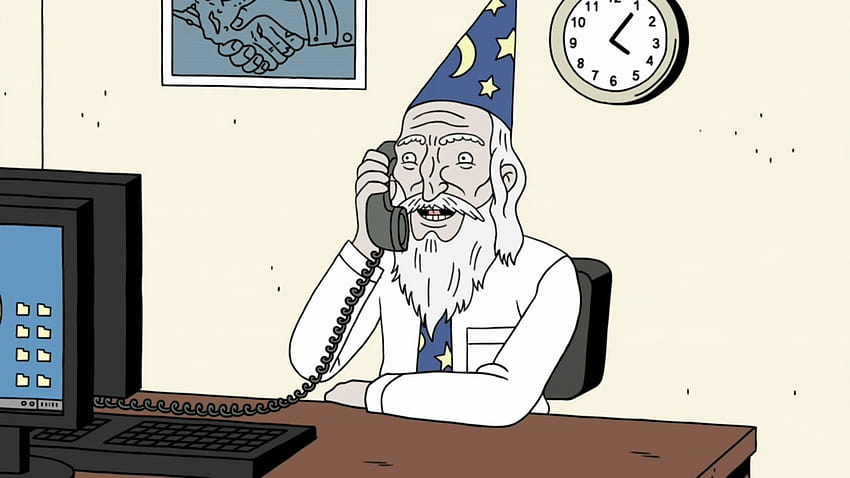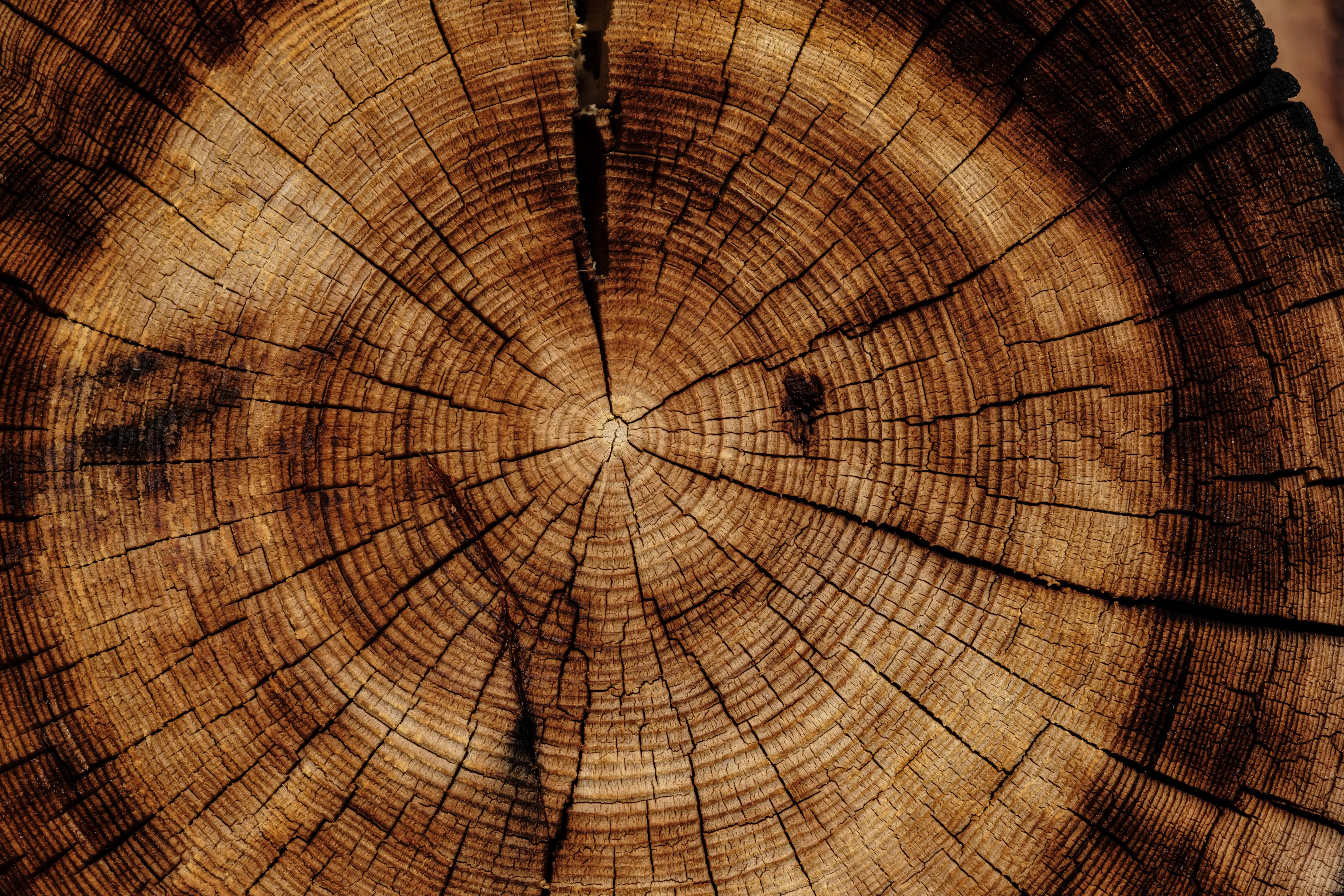I ended my last post on a promise that this would be a fun one. Clearly, you’ve not met me.
I have failed to write since my mother passed, but here, I find myself perched in front of keys once again, spurred on by the recent experience of modern grief. Spam for your dead dad and notifications from a hacked dead social media account are a simultaneously tragic and comedic amplification of the absurdity we have created for ourselves and a common shared experience in the digital age. This post is mostly about the formalities and practicalities of grief, the weirdness we have around death and dying and if anyone ever really knows what they are doing.
This title is not to imply expertise in the field, although I can see the appeal in a death doula career, it is more of a nod to the bureaucracy of grief, the areas in which we develop proficiency. We make the calls and send the forms, neatly tucking in the corners of someone’s existence. In the world of customer service, which I worked in throughout my early college years, they literally have an app for this. One can summon the “bereavement wizard” to sweep away the digital remains, mystically clunking and whirring his way through your loved one’s data and totting up a final claim to estate, I have always visualised the wizard as Leonard Powers of Ugly Americans.
Relationships are unique and complex meaning one can never master loss. Folding away a person’s life is an act, a practical doing we can negotiate. Bereavement holds no similes, there is no grief model or protocol as the experience varies from one host to the next. Loss is an odd segue into an awkward fusion of isolation and grief tourism populated with a whole new bunch of expectations placed upon you.
How the world holds us in moments of vulnerability deeply impacts our trajectory. Wealth inequality forces a divide between those who have and have not time to grieve effectively. As an only child, a mother, a zero-hour worker entering the final semester of a degree, compartmentalisation was fundamental in functioning, forcing a “bereavement wizard” approach to my grief. Tragic loss one day, Christmas fun time youth provision gig the next. I thoroughly understand the need for charitable grief cafes. I think a space where you can talk about death and grief out loud is healthy.
Modern and traditional grief differ wildly. Historically, veils and black garments have accompanied western mourning. I have always considered this rather dramatic, oppressive and patriarchal (the specific timely requirements suggested men just weren’t that sad about death or something). However, upon reflection I can appreciate the symbolism in a subject so surreal.
Modern grief is concealed and silent, mourners participating in life’s requirements unacknowledged. People are catching buses, shopping for milk, delivering power point presentations with the “my mam’s just died” sirens blazing at the front of their mind. How do we wade through everyday life without contemporary mourning attire? At time of death should they administer the high viz of grief to family and friends? One could parade through the day like a disgruntled park dog, buying some space in the hope of gentleness and understanding. The official pin of mourning, a hallway pass of temporary sadness.
The heaviness of grief can be perforated with joy and sometimes relief. It’s the friends that go through old photos and help you plan funerals, the ones that nourish you when you have nothing left, those who turn up to physically sort the contents of a home or bring a curry, the family and old acquaintances that lift you up. It can be equally cringe and gross and humorous or messy, like the embarrassingly terrible humanist reading the wrong script or the unleashing of family secrets.
There is no one way to sit with the experience with the only uniting factor being that it will be weird and life altering. We need friends and coping tools, and nobody can really tell us how to do it. If you want the grief bench, get the grief bench, if you bring your dad’s ashes down from the loft at Christmas, fine. We probably need to talk more as a society about death and dying.
This wasn’t very social science; it was just a pile of stuff I think I needed to type to clear the way for more blog posts. Future posts will be more in relation to my academic and professional interests, mixed with personal experience of course.
If you are still here then, thanks for sticking around.



